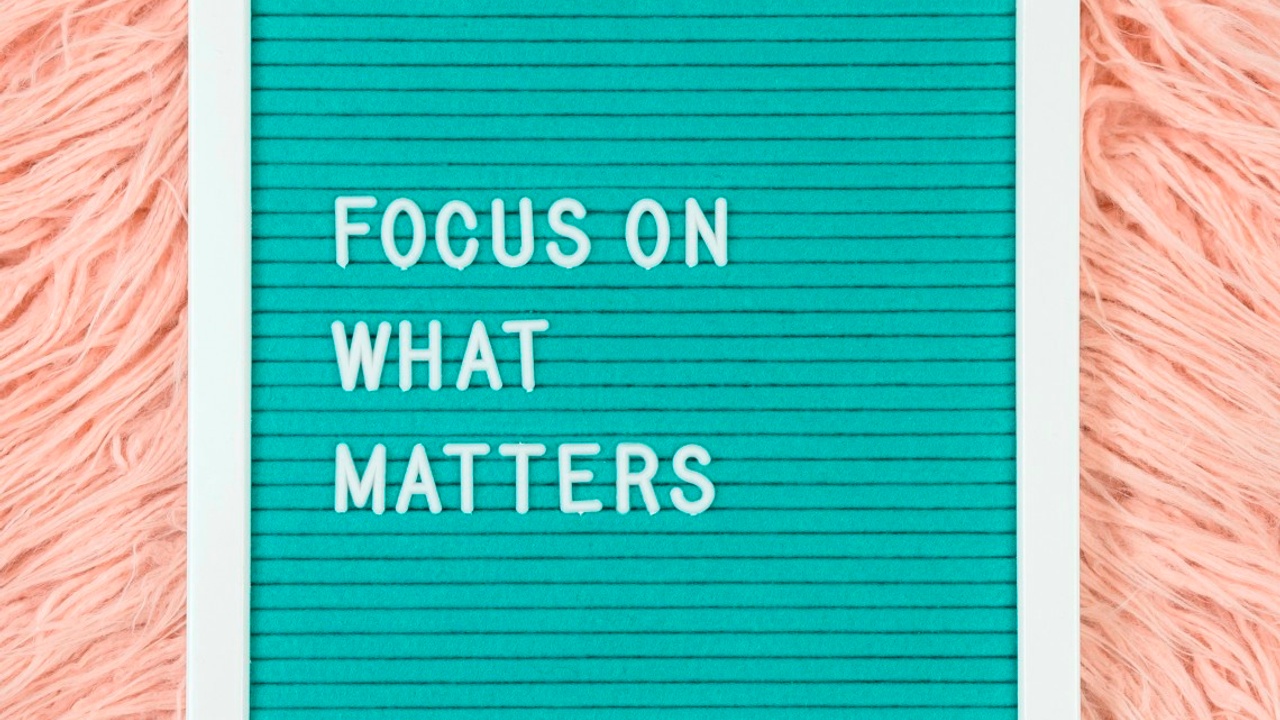YOUR EMOTIONS AT “WORK”: LEVERAGING THE POWER OF EMOTIONAL INTELLIGENCE AS A LEADERSHIP STRATEGY

Last week Saturday I conducted a workshop on Success Strategies for the Workplace – a 7 Leadership Pathway series designed to help you own your position, power & productivity in the workplace in order to increase your leadership impact inside and outside the workplace.
We talked about the power of emotions and how women can leverage the power of Emotional Intelligence as a leadership strategy. Research shows that lack of emotional intelligence accounts for over 75% of career derailment. Lack of EQ impacts our ability to connect with others, create meaningful relationships, make critical decisions and manage the everyday stress life sends our way.
Emotions are powerful.
It drives our self-perception, self-expression, our ability to recognize, understand and appreciate other people’s emotions and our ability to show concern for the greater community. Emotions impact our habits, thinking, social functioning influencing our ability to find solutions to problems where emotions are involved affecting our ability to handle stressful situations and our ability to maintain a positive attitude and outlook on life.
This is why I am committed to helping you own your position, power, and productivity by helping you master your emotions and your mind.
In order to tap into that power, you must know how to harness the power of your emotions & it impacts on your actions – in order to thrive inside and outside the workplace.
Let’s deconstruct emotions.
This is why it is important to understand your emotions at “Work” – understanding how your emotions registers in your body are the first step in owning your power, position, and productivity.
Stephen Covey reminds us that
“Our character is basically a composite of our habits. Because they are consistent, often unconscious patterns, they constantly, daily, express our character.”
Habits are driven by our emotions & our brain. This is why to change your habits – we must start with understanding our emotions and what lies beneath.
Emotions are just data. It is not a directive to act. Using the science of self-awareness, track your emotions in order to better understand your habits, so you can influence your habits and increase your power, position, and productivity.
Feelings, the brain’s interpretation of your body’s automatic responses can increase awareness around self-talk and Thinking Traps that may consciously or unconsciously drive your thinking style and communication strategies. Awareness of thinking traps and self-talk tapes can lead to better communication and connection improving your leadership impact inside and outside the workplace.
Feelings increase awareness of what programs are running in the background. Understand what drives your perceptions and belief systems
As you prepare to wrap up Q1 – make time to review what data your emotions have been giving you and most importantly how you have been using that information to increase your power, position, and productivity.
In order to gain further insight into your emotional literacy, here are some questions to journal during your Q1 review:
- How did I show up at work? How did I own my position in the workplace? (if you are an entrepreneur like me – how did you show up for your clients? Were you present?)
- What are your daily success habits? When you achieved a high success rate – what habits contributed to this outcome? How did you start and end your day?
- Name one time you had to overcome feelings of self-doubt. What did you do?
- How did your emotions affect other people?
- When did your emotions get the best of you? Did this affect your decisions & how you showed up?
- Reflect on a time you successfully expressed your emotions
- Describe a time you sought to understand someone’s point of view
- Are you flexible and open to change? What does that look like?
- What strategies did you use t overcome stress?
- What strategies do you use to stay positive about the future?
- How did your emotions influence your eating habits?
Q2 Goal Considerations
- What new activities or interests would you like to pursue?
- Name one thing you can do to improve your skills or habits
- What items did you procrastinate on and what emotions do you need to embody to make it a reality?
- Name one person you would like to network with
- Name the limiting beliefs, bad habits and thoughts you will let go of in this new quarter
- What goals/habits will you delete, delay, defer or do in Q2?
- What attitudes do you need to embody?
- Name 3 ways you will manage stress when it shows up
“Take charge of your inner leadership life. Tell yourself the story that you want to live. As you develop a new self-story, you’ll find that people begin to react to you differently.”
– Nick Morgan, Author – Power Cues: The Subtle Science of Leading Groups, Persuading Others and Maximizing Your Personal Impact
If you would like to know how you can leverage your emotional intelligence & brainpower for greater power, productivity, and stronger leadership position inside and outside the workplace for individuals and teams, please email [email protected] for more information on how we can be of service to you.
Cultural Explorer Membership
Step into your power and dream bigger into your purpose with the Cultural Explorer Membership—a transformative learning path and self-designed roap map designed for cultural learners and self-leaders ready to connect with their highest self, elevate their leadership impact, and bring their dreams to life.
This is your invitation to dream big, lead with purpose and build the future you deserve.
Are you ready? Join a community of powerful women boldly stepping into their greatness.
 Become a member start your journey of purpose and transformation!
Become a member start your journey of purpose and transformation!
Want to Contribute to our Work and Fundraising Goals for #1000BlackWomenBest initiatives?

